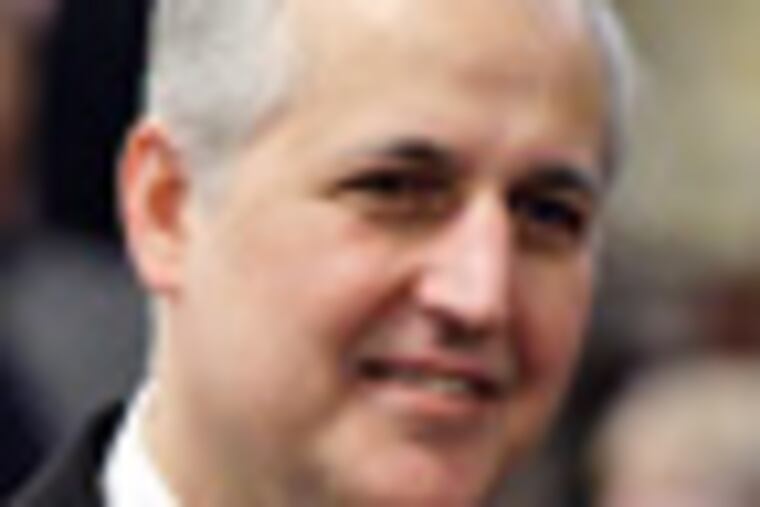College try
By Silvio Laccetti The Electoral College is an American institution, though a much-maligned one these days. The criticism will abate, however, when its workings are updated. A new proposal in Pennsylvania could be the beginning.

By Silvio Laccetti
The Electoral College is an American institution, though a much-maligned one these days. The criticism will abate, however, when its workings are updated. A new proposal in Pennsylvania could be the beginning.
Next week, the presidential electors will meet to officially award their votes to the winning candidate in each state. (There is no national Electoral College meeting; Alexander Hamilton felt that could encourage collusion and corruption.) As you may recall from your civics courses, states get an elector for each member of Congress. Their powers derive from Article II of the Constitution, but each state determines how they are chosen and how they function - wherein lies the key to reform.
Forty-eight states award all their electoral votes to the candidate who won the state's popular vote. Nebraska and Maine allocate some of their electoral votes according to the popular result in each congressional district.
The major criticisms of the current system include:
Because most electoral votes are awarded on an all-or-nothing basis, and because the winner is predictable in most states, a few unpredictable "swing states" get most of the campaigns' attention. These states effectively elect the president.
Voter turnout and enthusiasm is therefore depressed.
And the candidate elected may not be the popular-vote winner.
These concerns and most others can by addressed by awarding electoral votes based on the candidates' share of each state's popular vote. Last week, Pennsylvania Senate Majority Leader Dominic Pileggi (R., Delaware) told Bloomberg that he is proposing just such an approach in the commonwealth.
Some saw this as a partisan attempt to award more votes to Republican candidates, who have been narrowly losing the state. Adopted more broadly, however, it could be the reform the system needs.
Proportional awarding of electoral votes requires no constitutional amendment and is fundamentally nonpartisan. The greatest advantage is that it retains the founders' wisdom, which has made this the most effective, long-lasting experiment in self-government in history.
Preserving the Electoral College by reforming it would continue the founders' system of checks and balances. We are the United States of America, a republic of quasi-independent units. The states are a check on the excesses of the federal government, and vice versa.
Each state has its own culture, pride, personality, and political and social issues that make up the national conversation. A reformed Electoral College would strengthen that conversation, because every vote in every state would become more consequential. And that it turn would likely boost turnout and engagement. At the same time, it would avoid turning the presidency over to a direct popular vote, preserving the founders' protections against the tyranny of the majority.
Proportional electoral voting wouldn't guarantee that the result matches the popular vote, but it would make it much more likely. If it were in effect for the last election, the electoral vote would have been Obama 276, Romney 262 - much more reflective of the tight race than the actual result, 332-206.
In swing state Florida, Obama would have won 15-14; in Ohio, 10-8; and in Pennsylvania, 11-9. (Under Pileggi's plan, which awards two of the votes to the popular winner and the rest proportionally, the Pennsylvania result would have been 12-8.)
Now consider the effects in some of the currently "safe" states. Obama would have won New York 19-10, and California 34-21; Romney would have won Texas 22-16. Even in predictable small states like Vermont and Wyoming, the loser would have gotten 1 of the 3 electoral votes.
Do you want a reformed Electoral College? Then take advantage of your right to petition your state government to enact this reform. It gives more power and value to the popular vote, consistent with the forward march of democratic self-governance. But it also protects and preserves the power of the states in presidential elections, retaining our unique and durable principles and institutions. Check and balanced!